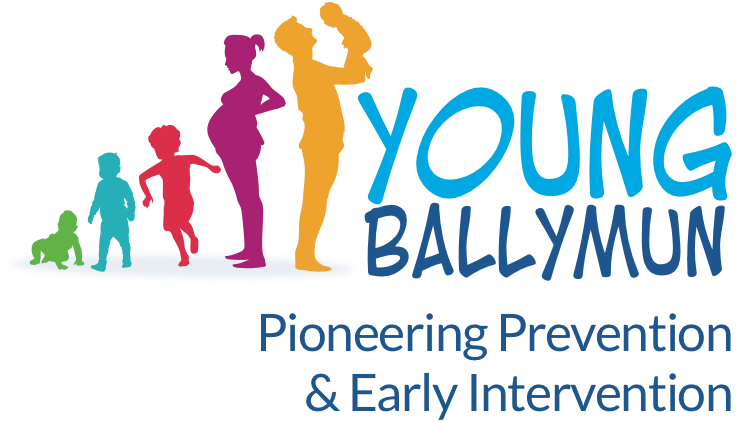Practitioners have said:
“The multidisciplinary nature of the training added greatly to group discussions.”
“I’ve so many ideas to bring to my practice – greater understanding of relationships between baby, parent and practitioner”
“This training should be made mandatory for all front-line practitioners!”
“This course was helpful in moving from theory into practice; something that is often missing from other training.”
For who:
This course is suitable for frontline service providers and managers in a variety of healthcare, early education and community settings including public health nurses, psychologists, speech and language/ occupational /play therapists, social workers, social care leaders, family support workers, nursery/preschool teachers, teen parent youth workers, community development workers etc. No previous experience of infant mental health theory or practice is required. However the experiential nature of this training makes it also relevant for those with previous experience, to deepen their understanding and to participate in joint capacity building opportunity with colleagues to facilitate a shared understanding of the principles and practice of infant mental health.
What can I expect?
Master classes are delivered over 2 full days, 4 half days or a mixture of both. The training is based on adult-learning principles, using a dynamic mix of presentation and facilitation styles which focus on applying theory to developing practical skills. The training is aligned to the Irish Association for Infant Mental Health Competency Guidelines
Why do we do it?
Infant and Early Childhood Mental Health is a multidisciplinary field concerned with promoting optimal social and emotional development, preventing mental health difficulties and providing intervention to challenged parent-infant relationships in the crucial period from pregnancy to age five. Focusing on the strengths and capacity of caregiving environments, it emphasises both the impact and importance which caregiving environments have on a young child’s emerging social and emotional development.
The complexity of this developmental stage both from a developmental perspective and from the perspective of providing appropriate early interventions for the problems which infant and toddlers may endure, must be matched with timely and appropriate comprehensive services. This is critical to ensure infants, toddlers and young children reach their full potential and essential in facilitating reduction in the burden and economic cost of suffering and ill-health across the lifespan.
Infant and Early Childhood Mental Health training has long been recognised as a necessary component of developing skills and competencies in promoting early social and emotional health and wellbeing and in remediating mental health problems during infancy and toddlerhood.
Find out more:
Contact: debbie@youngballymun.org/ 087 690 7709

